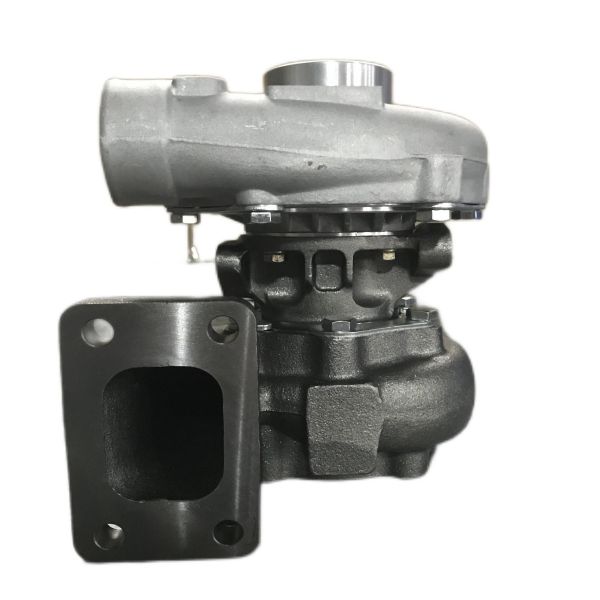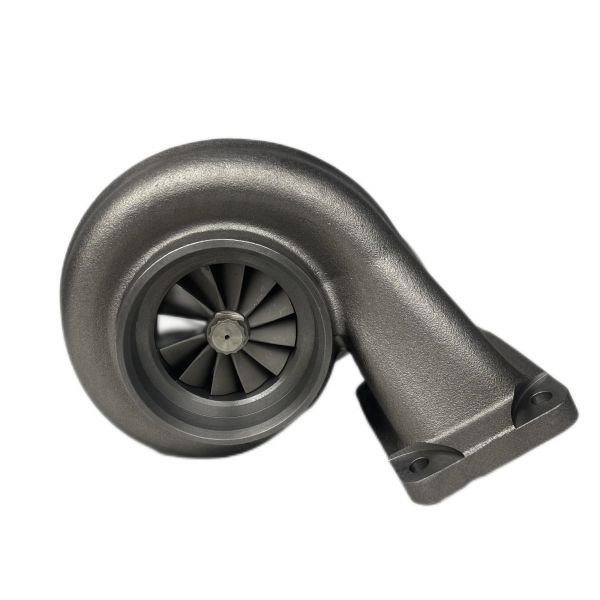Why Do Turbochargers Need Preventive Maintenance?
Years of use and maintenance experience tell us that the main cause of turbocharger accidents is lubrication problems, such as lagging oil supply, throttling or lack of oil and impurities in the lubricating oil; the second reason is Foreign objects enter the compressor wheel or turbine wheel.
Have good maintenance habits, especially pay more attention to the maintenance of air filters, lubricating oil quality and lubricating oil filters. Because the turbocharger works at a high speed, good maintenance is very important. Proper operating procedures and preventive maintenance can ensure the longevity and good performance of the turbocharger.
Apart from the occasional supercharger cleaning, periodic maintenance of the turbocharger alone is not required. Because general maintenance personnel cannot calibrate and adjust the turbocharger without special equipment, and the lubricating oil of the turbocharger is supplied by the engine where it is located, the preventive maintenance of the turbocharger is mainly To ensure the integrity of the engine and air charging system and not allow the engine to work in a way that damages the turbocharger and the engine itself.
Users should be encouraged to observe the following precautions to ensure the longest working life of the turbocharger:
1) The engine must be kept at idle speed before the engine lubricating oil pressure is established.
Speeding up the engine immediately after starting will cause the turbocharger to work at maximum speed before its bearings are fully lubricated, and the turbocharger operating under the condition of insufficient lubrication will damage its bearings, repeatedly. Doing so will cause the turbocharger to fail prematurely.
It is recommended that the operator run the engine at idle speed for 3 to 5 minutes after starting the engine.
2) Before the engine is stopped, its temperature and speed should be gradually lowered from the maximum value.
The working speed and continuous working temperature of the turbocharger are higher than other machines. When the engine is operating at maximum output or maximum torque, the speed and temperature of the turbocharger also reach their maximum values. When the engine suddenly stops at this operating point, it will cause problems with the engine, especially the turbocharger. This requires the engine to idle at a medium speed or to work under light load conditions for a period of time, while still maintaining the engine oil pressure and the amount of air flowing through the cooling system. Following these guidelines can prevent the turbocharger from running without lubricating oil for a long time, and can prevent the internal carbon deposition of the turbocharger, which is the residual lubricating oil in the bearing or intermediate casing under the action of heat suction. formed by carbonization.
It is suggested that the operator should run at idle speed for 3~5 minutes before shutting down.
3)Pre-lubricate the turbocharger.
After changing the oil or doing any maintenance (including draining the oil), the turbocharger needs to be pre-lubricated, crank the crankshaft a few times before starting the engine, and after starting the engine, let it idle before going into high speed A period of time to build up the entire lube oil circulation and pressure.
4) Be careful when starting the engine at low temperature.
When the ambient temperature is too low or the vehicle is not used for a long time, it will affect the engine to establish normal lubricating oil pressure and flow. In this case, the engine must be idle for several minutes after starting to enter high-speed operation.
5) To avoid the engine idling for a long time.
When the gas pressure in the turbine and compressor is too low and the rotational speed of the turbocharger shaft is too low, the lubricant can leak into the turbine and compressor through the seals. This generally causes no mechanical damage, but can foul the impeller and cause users to complain.


